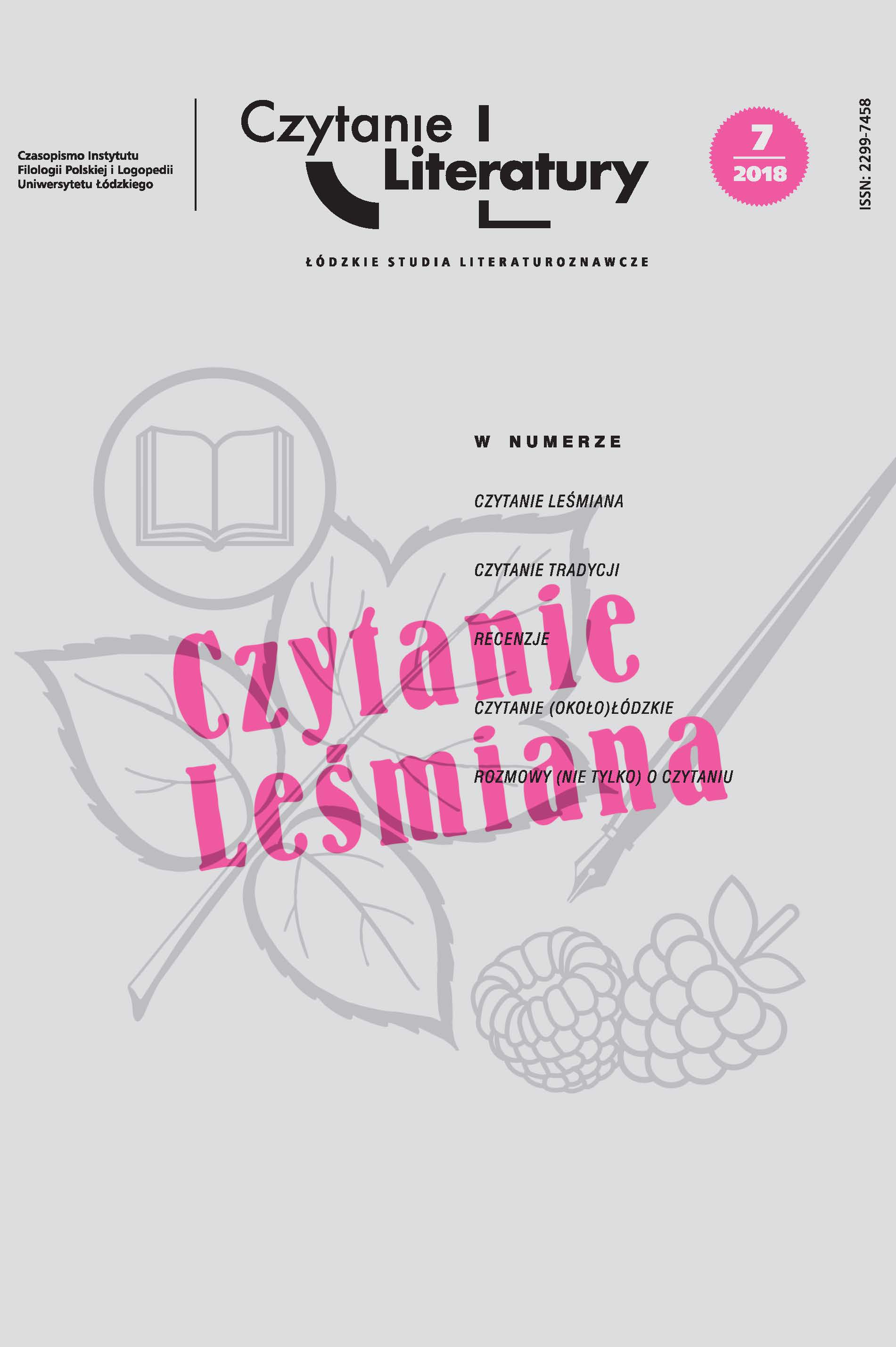Gość/inność dyskursu posthumanistycznego. Recenzja książki Anny Filipowicz, „(Prze)zwierzęcenia. Poetyckie drogi do postantropocentryzmu”, Wydawnictwo Uniwersytetu Gdańskiego, Gdańsk 2017
Host/otherness of post-humanist discourse. A review of the book entitled „(Prze)zwierzęcenia. Poetyckie drogi do postantropocentryzmu” by Anna Filipowicz, Wydawnictwo Uniwersytetu Gdańskiego, Gdańsk 2017
Author(s): Andrzej JuchniewiczSubject(s): Polish Literature, Theory of Literature
Published by: Wydawnictwo Uniwersytetu Łódzkiego
Keywords: post-anthropocentrism;post-humanism;poetry;involvement;interspecies community
Summary/Abstract: The reviewed book by Anna Filipowicz entitled "(Prze)zwierzęcenia. Poetyckie drogi do postantropocentryzmu" is one of the key dissertations analyzing human and animal relations as exemplified by Polish poetry of the 20th and 21st century. The author is innovative in her interpretation of poems by poets considered to be canonical (Anna Świrszczyńska, Tadeusz Różewicz, Marcin Świetlicki, Ryszard Krynicki, Tomasz Różycki, Jarosław Marek Rymkiewicz and Julian Tuwim), using her knowledge of ethology and natural science. The greatest strength of the dissertation, in the opinion of the reviewer, is the micrological analysis of individual works, enhancing the importance of the detail, due to which the reader receives a compendium of major problems connected with animal emancipation in two time planes (during the Warsaw Uprising and in contemporary times). Filipowicz calls for rejecting stereotypes which so far have enhanced species chauvinism and hierarchical structure in accidental encounters (the case of animals living in zoos and non-urbanized areas) as well as developing interspecies sensitivity. Its manifestations could include, for instance, concern about noticing individual biographies of animals during armed conflicts or preventing the destruction of biotopes. Filipowicz’s work is not only an example of skillful application of methodology bordering on environmental humanities, animal studies and affective studies, but also an important voice in the debate on constructing environmental order and the place/role of animals in human life.
Journal: Czytanie Literatury. Łódzkie Studia Literaturoznawcze
- Issue Year: 2018
- Issue No: 7
- Page Range: 325-337
- Page Count: 13
- Language: Polish

